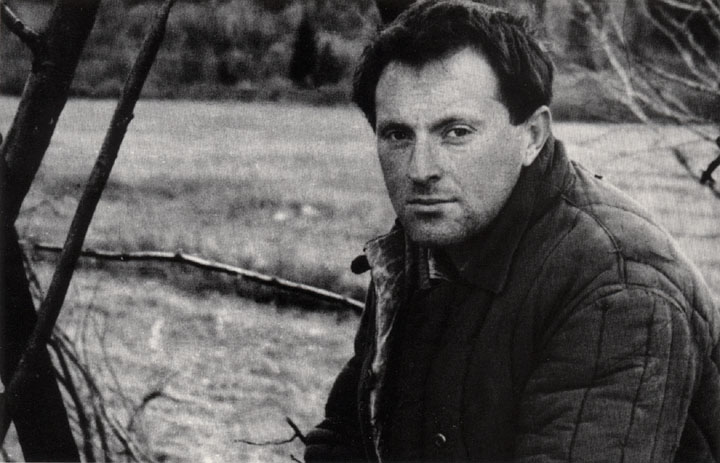Nobel poet Joseph Brodsky made a habit of writing a Christmas poem every year, and “1 January 1965” was among the earliest, penned while he while he was serving time in internal exile in Norenskaya, in the Arkhangelsk region of northern Russia. In the old Soviet Union, gifts were exchanged on New Year’s Day, and in the Russian Orthodox calendar, Christmas falls on January 6 – hence the date of the poem.
This translation was found among his papers after his death, and later published in the marvelous collection, Nativity Poems:
 The kings will lose your old address.
The kings will lose your old address.
No star will flare up to impress.
The ear may yield, under duress,
to blizzards’ nagging roar.
The shadows falling off your back,
you’d snuff the candle, hit the sack,
for calendars more nights can pack
than there are candles for.
Remarkably, the English hews very closely to the original rhyme scheme in Russian. The poet famously favored translations that preserved the original metrical and rhyme scheme. Given his genius for inventive rhymes and complex metrical patterns, it was a maddening task for his translators. He did compromise, however: he was usually willing to change the meaning of a line to preserve the metrics. You can see how much he’s played with meaning with this earlier, more literal translation by George Kline:
The Wise Men will unlearn your name.
Above your head no star will flame.
One weary sound will be the same –
the hoarse roar of the gale.
The shadows fall from your tired eyes
as your lone bedside candle dies,
for here the calendar breeds nights
till stores of candles fail.
Read the whole poem here – with it’s tip-of-the-hat homage to Robert Frost‘s “The Gift Outright” at the end. Think of it as a New Year’s present to yourself.
Tags: "joseph brodsky", George Kline, Robert Frost

